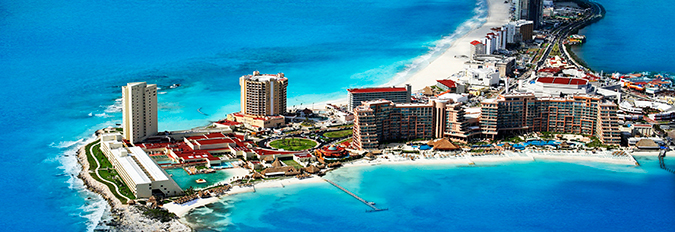In the light of the global celebrations of the International Day for Biological Diversity on Monday, May 22, 2017 under the theme: “Biodiversity and Sustainable Tourism”, the world has been examining the positive but also potentially negative impacts that tourism can have on biodiversity.

Tourism is said to represent one of the world’s fastest growing industries. According to the United Nations World Tourism Organisation, the tourism sector grew by 3.9 per cent in 2016.
Many tourist destinations are centred on places of natural beauty and rich natural assets where people can enjoy outdoor activities, or simply relax. This provides millions of jobs, and income for local communities. For example, about 40 million people are drawn every year to the Caribbean’s beautiful beaches and marine life, providing $25 billion of revenue annually – and nearly 50 per cent of the region’s total income.
Dr. Cristiana Pașca Palmer, Executive Secretary of the Convention on Biological Diversity, said: “As we celebrate the 16th edition of the International Biodiversity Day let us all remember that by celebrating and protecting biodiversity we respect and give consideration to all forms of life that exist on this beautiful planet and that support the very existence of humans.”
Countries are already engaging in activities that support sustainable tourism and biodiversity. Protected areas, such as national parks, are popular tourism destinations. For example, some 1.4 million people visit Australian parks annually to experience their natural landscapes and culture. This contributes $23 billion to the economy.
Ecotourism is another option that promotes responsible travel to natural areas that conserve the environment and improves the wellbeing of local people. Ecotourism can provide livelihoods for indigenous peoples and local communities, as they are often the stewards of biodiversity-rich areas.
Dr. Pașca Palmer said: “Many conventional businesses, such as hotels and tourism operators, have taken steps to ensure that they adhere to sustainable tourism principles and best practices in their day to day operations.
“This is important, as countless travellers are now making choices based on whether good practices are followed by operators at their destinations.”
The Secretariat of the Biodiversity Convention works with governments on their tourism policies, with partners as they train protected area managers, as well as developing awareness-raising tools for tourists and tourism professionals.
